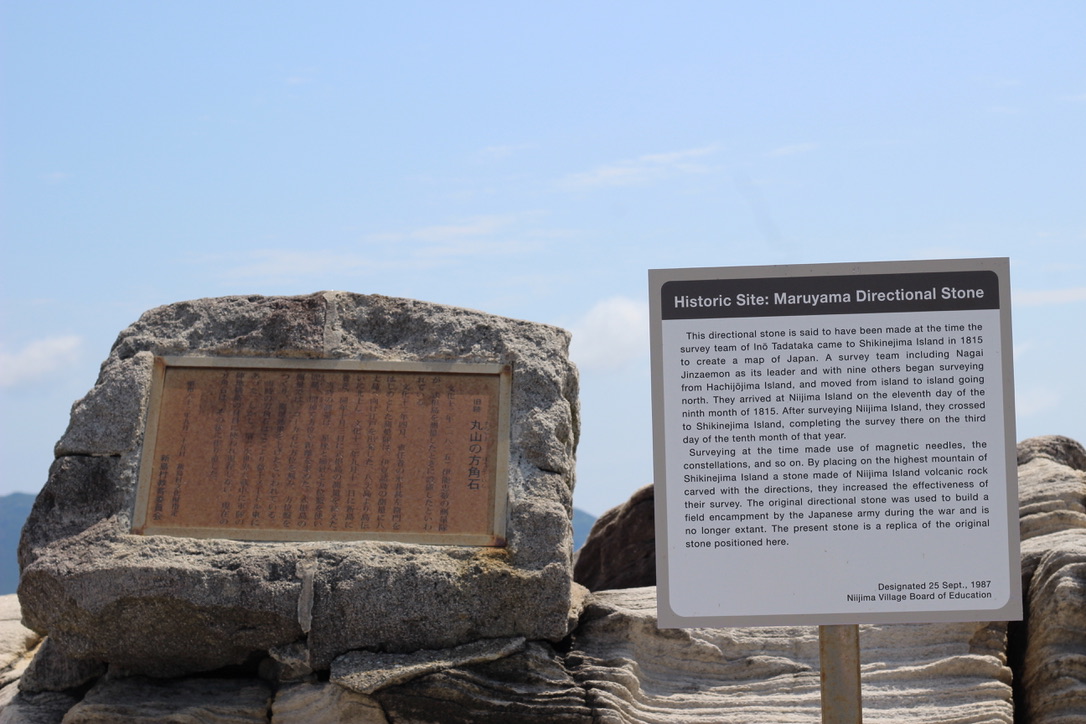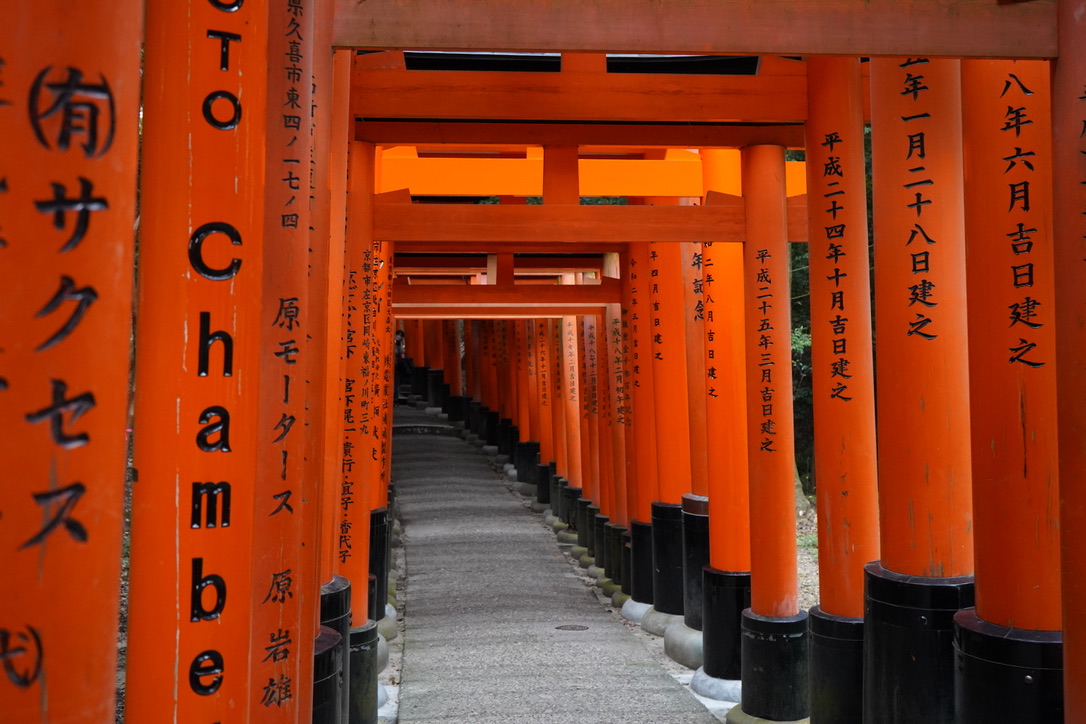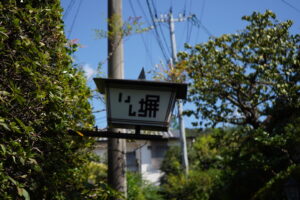Website Localization: Customizing Japanese Beyond ChatGPT Capabilities

SEO Optimization is Essential for Japanese Content
Expanding into Japan requires optimizing your products and services for acceptance in the Japanese market. This is crucial for your website. Localizing your content is essential for effective marketing in Japan.
In website management, achieving a high ranking on search engines like Google is vital. When considering expanding from English-speaking regions to Japan, SEO customization to fit the Japanese market is imperative. Using English language content as is limits your visibility in search results, making it challenging to drive sales.
Text data, including titles, content, keywords, and links, plays a significant role in SEO. Therefore, Japanese business customs and culture can’t influence SEO outcomes. High-quality content positively impacts SEO, making it possible to rank well with main keywords and related keywords.
Japanese is the Most Challenging. Native Cooperation is Vital
Recently, AI generators and translation tools like ChatGPT and DeepL have become popular. These tools offer high translation accuracy, even for Asian languages like Japanese. However, the translations are typically readable but may contain awkward expressions. You can experience this when translating Japanese pages.
Japanese is a complex language that uses three scripts: Hiragana, Katakana, and Kanji. According to the United States Department of State’s “Language Learning Difficulty for English Speakers,” Japanese is categorized as the highest difficulty level, often considered one of the most challenging languages in the world.
Hence, using tools like ChatGPT or Google Translate to produce grammatically correct and culturally appropriate Japanese translations is challenging. This becomes even more critical for business purposes rather than casual conversations. Moreover, verifying the accuracy of machine-translated Japanese is not straightforward.
Creating SEO-conscious content is also a high hurdle. You need to craft content that incorporates suitable Japanese while using contextually relevant synonyms to ensure it’s discoverable with a wide range of search terms. Additionally, limited character counts in titles and headers call for creative expression.
Therefore, when creating content from English to Japanese, the cooperation of native Japanese speakers is essential. Crafting content that resonates with Japanese audiences can also influence purchasing decisions.
In Conclusion
Expanding your business in Japan requires website localization tailored to the Japanese market. Using appropriate Japanese can have a positive impact on SEO and give your marketing efforts an advantage.
At BizMOWA, we’re here to help you implement effective SEO strategies. We assist you in selecting the right keywords, optimizing titles and headers for SEO, and incorporating Japanese localization into your website.
If you need further assistance with your translation, feel free to ask here.




